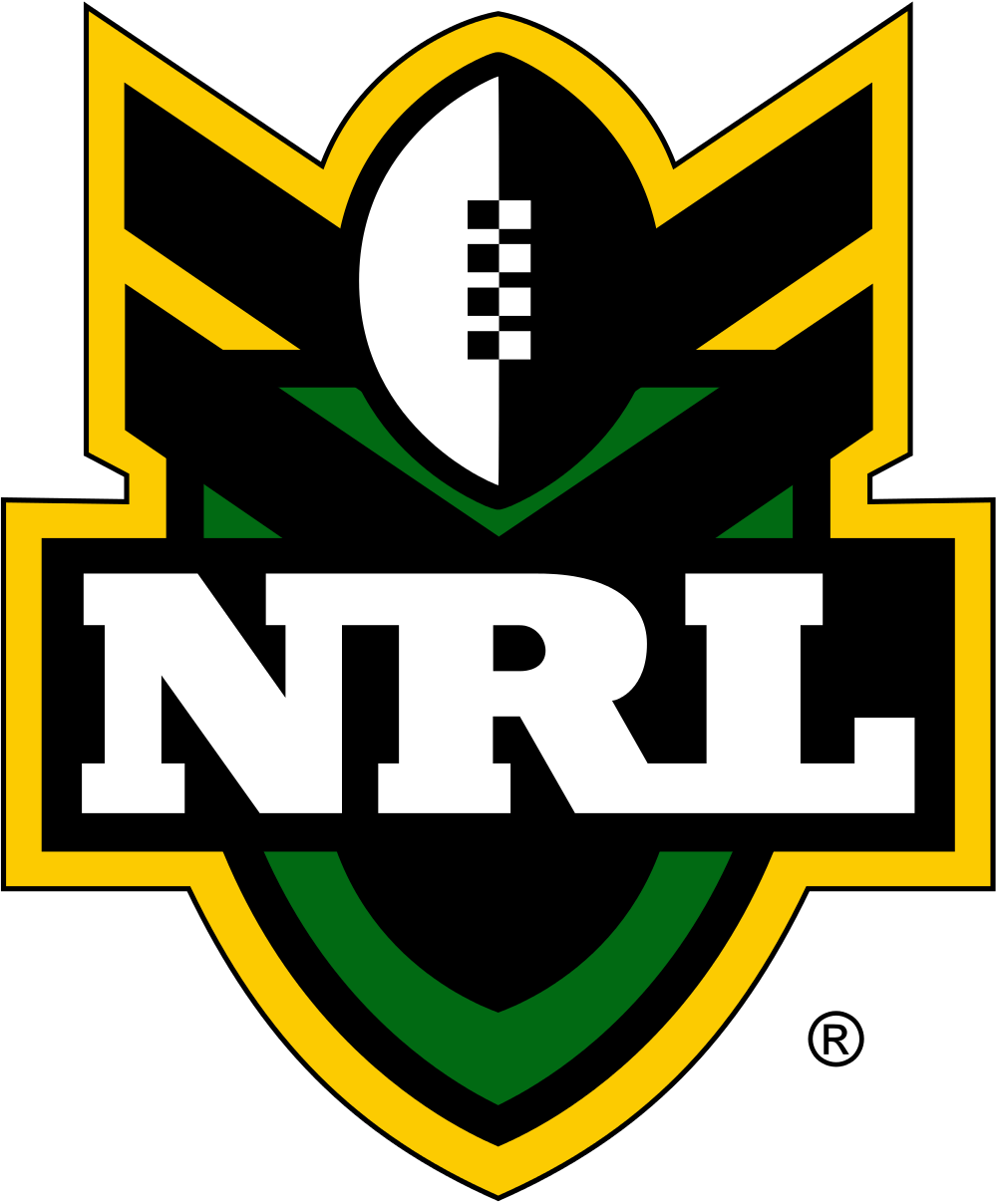Content

While it may be easy to confuse the two, they are not the same thing. Purchase ledger is the record of the purchasing transactions a company does; it goes hand in hand with the Accounts Payable account. Simply put, business entities rely on accurate and reliable bookkeeping for both internal and external users.
- By logging and keeping track of all financial transactions, you will have easy access to any financial information you might need.
- Bookkeeping ensures that businesses are able to measure growth and profitability.
- In simple words, it tells you what your business owns, owes, and the amount invested by shareholders.
- The windows are from top left clockwise bookkeeping, data manager, model selection, comparison, model use, and viewpoints.
- He’ll also use the information for tax preparation and tax planning.
- They provide required information on a company’s income, expenses, and profitability.
Enter your email to receive updates, FREE ebooks and extra tips you won’t get anywhere else on the internet. You can divide your main accounts into smaller, more specific accounts. For example, within your expense account you could have accounts for overhead, cost of goods sold , and advertising.
bookkeeping
Fourth, at the end of each accounting period, such as a month, quarter or year, Beth will prepare an adjusted trial balance. She’ll ensure that the general ledger balances, which means total debits equal total credits. If they don’t balance, she’ll find out why and make the appropriate corrections. Not only are you entrusting your bookkeeper with sensitive data, you are relying on their accuracy to maintain the financial records for your business. A good bookkeeper never cuts corners, and they are indispensable to small business owners who want to spend time growing their business, instead of maintaining it. This is an important question that deserves a basic but important answer. Bookkeeping is the process of correctly recording cash, credit, and other transactions in the books of account.
What is the duties of bookkeeper?
Bookkeepers oversee a company's financial data and compliance by maintaining accurate books on accounts payable and receivable, payroll, and daily financial entries and reconciliations. They perform daily accounting tasks such as monthly financial reporting, general ledger entries, and record payments and adjustments.
Bookkeepers have been around as far back as 2600 BC—when records were tracked with a stylus on slabs of clay—making bookkeeping not the oldest profession, but pretty darn close. The work is clerical, which is often delegated to junior employees, in the accounts department.
Access to detailed records of all transactions
Financial Data about individuals like past Months Bank Statement, Tax return receipts helps banks to understand customer’s credit quality, repayment capacity etc. Cash And Cash EquivalentCash and Cash Equivalents are assets that are short-term and highly liquid investments that can be readily converted into cash and have a low risk of price fluctuation. Cash and paper money, US Treasury bills, undeposited receipts, and Money Market funds are its examples. They are normally found as a line item on the top of the balance sheet asset. Small companies and individuals generally follow this accounting method. While bookkeeping is a part of accounting, the latter is a more extensive concept.
This means that purchases or sales made on credit will not go into your books until the cash exchanges. Single-entry Bookkeeping is suggested for small businesses as people do out of hobbies. But, when actual business occurs, the accountants or bookkeepers mainly offer a double-entry Bookkeeping process for the companies. On the contrary, double-entry accounting tasks demand recording of all the transactions in the accounting journal, and each transaction is registered twice in the form of both a debit and a credit. The monetary documentation during the year-end can enhance the possibilities of errors by the bank or the professionals during the tax time.
Learn the Basics of Accounting for Free
For example, an inventory account may increase or decrease in value depending on whether more inventory is purchased, sold or used. He also developed rules and procedures to guide Beth in the use of the records and will be available to provide direction to Beth as needed. Since Beth’s restaurant uses double entry accounting, she must make two entries for each financial transaction – a credit and a debit. A credit in one account requires a debit in another account to keep the ledger in balance. For example, if the restaurant buys $1,000 worth of beef, Beth will debit the appropriate asset account and credit the supplier’s account. That said, bookkeeping is more than just dropping numbers into a spreadsheet—it takes meticulous analysis and just enough legal know-how. After all, bookkeepers will help you survive an audit by making sure your financial records are in order and your deductions are legal.
If you’re not sure about where your small business bookkeeping can be improved, don’t worry. We’ve put together a checklist that will make sure you’re not forgetting anything when it comes to your bookkeeping. Your books won’t be helpful if they are incorrect or missing information. Being an accountant what is bookkeeping requires certification, which means an accountant can be a bookkeeper, but a bookkeeper can’t automatically be considered an accountant. Different businesses have different kinds of payroll setup and the process. In addition, it is also important here to make sure you pay all your dues on time.
What is bookkeeping? Definition, types, and best practices
Also called the profit and loss statement, focuses on the revenue gained and expenses incurred by a business over time. The upper half lists operating income while the lower half lists expenditures. The statement tracks these over a period, such as the last quarter of the fiscal year. It shows how the net revenue of your business is converted into net earnings which result in either profit or loss. Single-entry accounting and cash-basis accounting only deal with the present moment—when cash changes hands, an entry is made. If your business is small enough and your transactions simple and immediate, single-entry accounting may be best for you.
Intuit accepts no responsibility for the accuracy, legality, or content on these sites. The Structured Query Language comprises several different data types that allow it to store different types of information…
But while these systems may be seen as “real” bookkeeping, any process that involves the recording of financial transactions is a bookkeeping process. A bookkeeper, https://www.bookstime.com/ also known as an accounting clerk or accounting technician, is a person who records the day-to-day financial transactions of an organization.
- Finally, you should make sure that your bookkeeping does reconcile these transactions to ensure their recording as per the chosen accounting method and entry system.
- Many individuals mistakenly consider bookkeeping and accounting to be the same thing.
- Humans entered financial data using a quill, pen, biro, or pencil.
- Once a business determines its accounting method, it can review its financial books in order to make goals that advance the growth of the business.
- The bookkeeper is responsible for ensuring all transactions are recorded in the correct day book, suppliers ledger, customer ledger and general ledger.
- Some people teach themselves basic bookkeeping and others hire experts to do it for them.
- Cash and paper money, US Treasury bills, undeposited receipts, and Money Market funds are its examples.





































